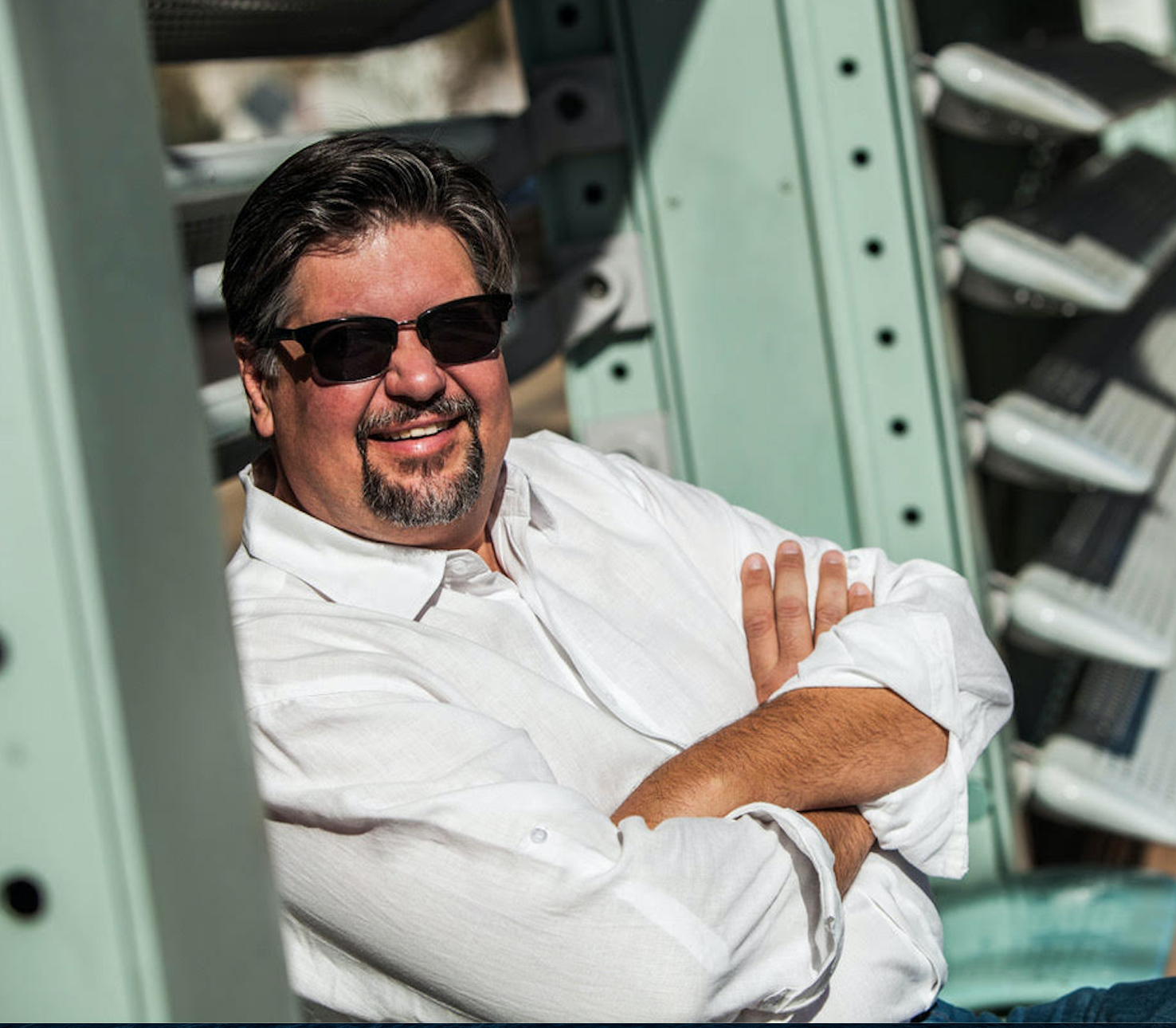On being “Born Again” — or else!
Q&A With Rev. David Felten

Question & Answer
Q: By Donna
My cousin is pressuring me to become “Born Again.” She says that it’s the only way to guarantee not being punished in hell for all eternity. That seems like a pretty harsh consequence for not uttering what seems like “magic words.”
A: By Rev. David M. Felten
Thanks for resisting the pressure. Many of us have been brow-beaten by some well-intentioned believer about the need to be “born again” – or else! Most of them, however, are doing it out of love and haven’t thought through the threatening implications. Unfortunately, all they’ve been taught is that to be “born again” is THE definition of being a Christian.
You’ve already identified the first problem with this approach: insisting that people be “born again” is not only a litmus test (a form of elitist legalism that clashes with Jesus’ sensibilities of grace and inclusivity), it can also be weaponized with threats of eternal condemnation. Regrettably, there’s a word for this kind of malevolent god and the people who follow this god: sadistic.
And what makes it all the more frustrating is these all-important “magic words” aren’t even in the Bible. People THINK these words appear in John 3 because early translators finessed the text and put the words “born again” into Jesus’ mouth. But if you consult the New Revised Standard Version, the Scholars Edition, or any translation that actually takes the text seriously, they simply don’t appear.
In a conversation Jesus is having with Nicodemus, Jesus says that no one can be a part of the program without being born “from above.” The Greek word John has Jesus use is anothen, or the “up place.” Nicodemus’ promptly makes the typical fundamentalist mistake of taking Jesus’ words literally instead of metaphorically and says, “Huh? What? Born a second time?!? I don’t get it!” Then Jesus has to explain it to him: “I’m talking about a re-orientation of your priorities and perspective.” So, as familiar and important as the King James version is to many Christians, Jesus simply doesn’t say you have to be “born again.” It’s not what the Greek says – and misses Jesus’ more subtle point.
Sadly, today there’s a whole theological industrial complex built up around the phrase “born again” and all its attendant dogmatic expectations and implications. For those still publishing the King James Version and other Bibles used in Evangelical-leaning churches, literary accuracy simply doesn’t matter. Their client base has too much invested in the phrase, “born again,” so they leave it in. Some publishers have enough integrity to include an asterisk with the footnote, “actually, it’s born ‘from above’,” but not all.
I’m not so naïve to think that any conversation with your cousin would change her mind, but for your own sake, let me offer you some assurance that Jesus’ alternative of being born “from above” promotes a totally different (and I’d argue, healthier) spirituality. Being born “from above” suggests that the source of wholeness, that which guides your direction and purpose, is something beyond legalistic rules or “magic words.” It’s relational, dynamic, and, if we’re lucky, part of a life-long journey. It’s not a static, one-off event like being “born again.” Later in the same passage, Jesus says to Nicodemus: “The spirit blows every which way, like wind: you hear the sound it makes but you can’t tell where it is coming from or where it’s headed. That’s how it is with everyone reborn of the spirit.”
What Jesus had in mind was not an incantation of “magic words” one has to speak in order to be inoculated from some fantasy eternal damnation. It’s a process. It’s a journey. And I wish you well on yours.
Hope this helps!
~ Rev. David M. Felten
PS: For more on this same topic, you could refer your cousin to a recent message I preached on the dangers of being “being born again”.
Read and share online here
About the Author
Rev. David M. Felten is a full-time pastor at The Fountains, a United Methodist Church in Fountain Hills, Arizona. David and fellow United Methodist Pastor, Jeff Procter-Murphy, are the creators of the DVD-based discussion series for Progressive Christians, “Living the Questions” and authors of Living the Questions: The Wisdom of Progressive Christianity. A co-founder of Catalyst Arizona and also a founding member of No Longer Silent: Clergy for Justice, David is an outspoken voice for LGBTQ rights both in the church and in the community at large. David is active in the Desert Southwest Conference of the United Methodist Church and tries to stay connected to his roots as a musician. You’ll find him playing saxophones in a variety of settings, including appearances with the Fountain Hills Saxophone Quartet. David is the proud father of three reliably remarkable human beings.
This Q&A was originally published on Progressing Spirit – As a member of this online community, you’ll receive insightful weekly essays, access to all of the essay archives (including all of Bishop John Shelby Spong), and answers to your questions in our free weekly Q&A. Click here to see free sample essays.

